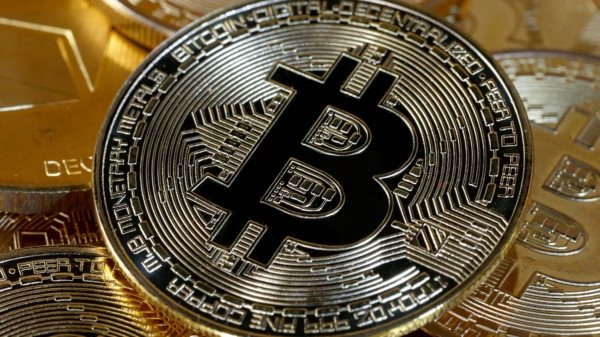A new payment system rolled out last month by the coalition of Brazil, Russia, India, China and South Africa (BRICS) has received overwhelming support in previous weeks.
As per reports released on Saturday, several other nations have extended support to the new payment system with one Russian official claiming that nearly 159 countries are looking to adopt the system.
The new system poses a challenge to America’s popular SWIFT banking system. Several nations think the US has weaponized the SWIFT system against countries that aren’t in their good graces. These countries therefore are looking to decentralize the dollar as the reserve currency of note, a practice called de-dollarization.
The bloc nations are also considering using blockchain and cryptocurrency for cross-border settlements with Russia. Beyond that, however, there are discussions that the nation bloc could introduce a gold-backed currency at the upcoming BRICS Summit in October 2024. Additionally, the countries could start using local currencies for cross-border settlements on a blockchain platform, aiming to challenge SWIFT’s dominance.
The bloc is reportedly already using the Ripple blockchain-based system for its payment network, putting XRP in the spotlight.
Although the bloc is considering using a BRICS Payment System, replacing the USD’s dominance won’t be easy, especially when trading with Western powers. Additionally, as the bloc expands, the growing number of local currencies would complicate their use in international trade.
Read more: TerraZero incorporates artificial intelligence into Intraverse platform
Read more: Riot Platforms merger with Bitfarms obstructed by poison pill tactics
Crypto could lead de-dollarization efforts
SWIFT stands for the Society for Worldwide Interbank Financial Telecommunication. It is a global messaging network that facilitates secure and standardized financial transactions between banks and other financial institutions.
Established in 1973, SWIFT provides a reliable communication platform for exchanging information related to international payments, securities, and foreign exchange, enabling institutions to send and receive transaction instructions in a secure and standardized manner.
Headquartered in Belgium, SWIFT has become the backbone of international financial communication, with thousands of institutions across the globe relying on its services to process millions of messages each day.
Crypto could also serve as a powerful bridge across the bloc nations and for international traders with Western countries.
“We believe that creating an independent BRICS payment system is an important goal for the future, which would be based on state-of-the-art tools such as digital technologies and blockchain,” said Yury Ushakov, aide to the Kremlin, earlier this year.
“The main thing is to make sure it is convenient for governments, common people and businesses, as well as cost-effective and free of politics.”
Even Western nations have shown interest in adopting crypto, with leaders like Donald Trump pledging to end the crypto crackdown and ease restrictions on cryptocurrency should he become president.
Meanwhile, last week, Russian President Vladimir Putin signed a bill to allow crypto mining operations in the country and enable the use of cryptocurrencies for cross-border payments. Amid heavy US sanctions following the Ukraine invasion, Russia has increasingly turned to crypto assets.
.
Follow Joseph Morton on Twitter
joseph@mugglehead.com













